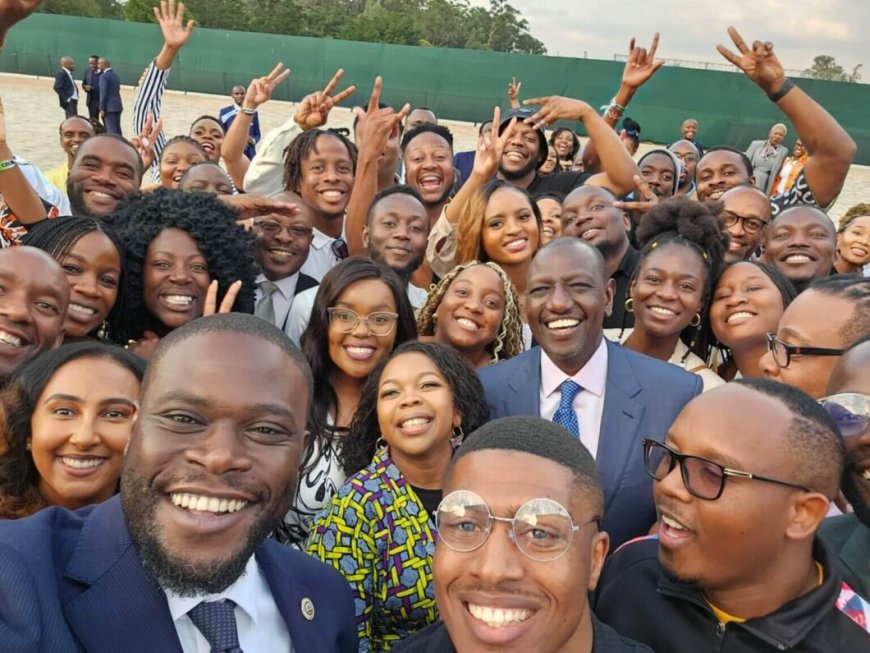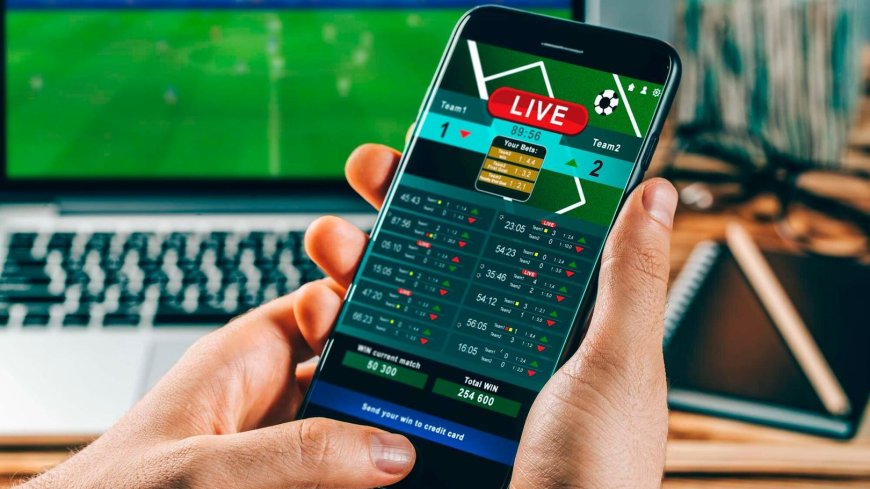Uproar Over Govt's Move To Ban Celebrities, Content Creators From Gambling Ads
The content creators and influencers clarified that they have consistently adhered to platform regulations, the Betting Control and Licensing Board's (BCLB) requirements, and international advertising standards.

The government has attracted backlash over its decision to ban the use of celebrities, influencers and content creators to promote gambling, with calls already to reverse the ban.
The Digital Content Creators Association of Kenya (DCCAK), in a statement released on Friday, May 30, lamented the lack of stakeholder engagement before the issuance of the directive, particularly the blanket suspension of influencer participation in gambling promotions.
"As a body representing digital content creators and influencers across the country, we were not consulted, yet we remain a significant and legitimate player in the advertising and creative economy," read the statement in part.
The content creators and influencers clarified that they have consistently adhered to platform regulations, the Betting Control and Licensing Board's (BCLB) requirements, and international advertising standards.

President William Ruto and Nairobi Governor Johnson Sakaja with content creators at State House, Nairobi on June 13, 2023. /PCS
They added that many have actively supported responsible gambling messaging and promoted verified, licensed operators, never glamorising betting or portraying it as a get-rich scheme.
"We believe that influencers should not be unfairly excluded from gambling advertisements when they can be instrumental in disseminating controlled, ethical, and approved content, especially in digital spaces where youth engagement is high. The move to ban influencers altogether disregards the professional discipline many of our members exercise when promoting any product, including betting," added the statement.
Nonetheless, the DCCAK commended BCLB for taking steps to regulate the gambling space and safeguard public interest, though underlining that regulation should include participation, not isolation.
To address the stalemate, the group formally requested urgent engagement with BCLB, the Office of the Attorney General, and other relevant parties to discuss how influencers and digital content creators can play a constructive role in responsible gambling communication.
DCCAK expressed that it is open to working alongside BCLB, AGOK (Association of Gaming Operators of Kenya), and other industry partners in co-developing guidelines for responsible digital gambling content.
"We would be honoured to collaborate on BCLB's 'Chukua Control' campaign, leveraging our networks and creative talent to extend its reach, especially among the youth. With the right framework, influencers can amplify the importance of moderation, financial literacy, and informed decision-making," added the statement.
In conclusion, the group urged BCLB to consider a more inclusive approach to regulation-one that leverages the influence, creativity, and reach of our members in support of safer gambling, rather than excluding them, adding that the digital economy is an integral part of Kenya's future, and content creators are ready to contribute responsibly to that future.







